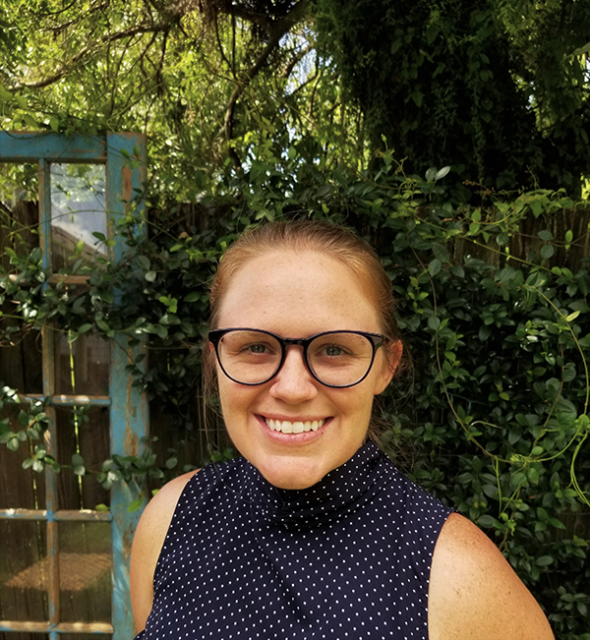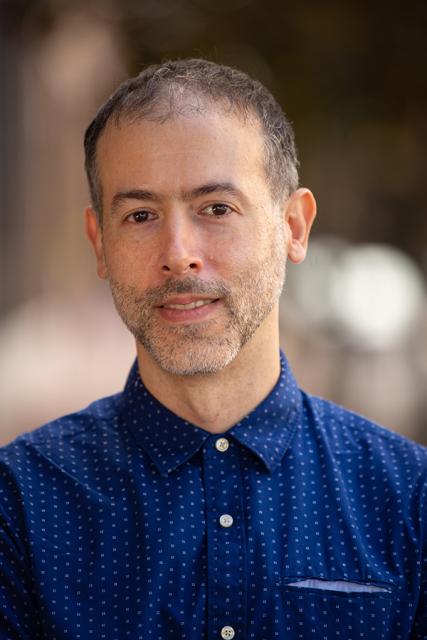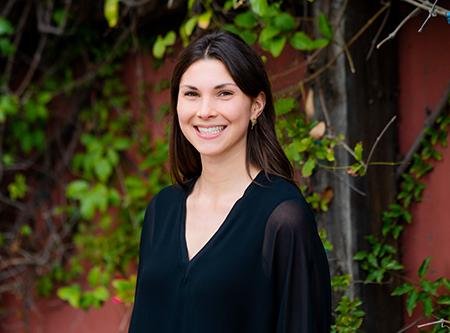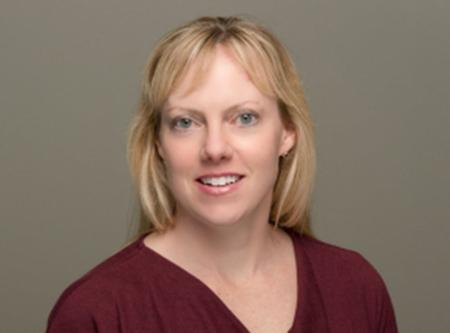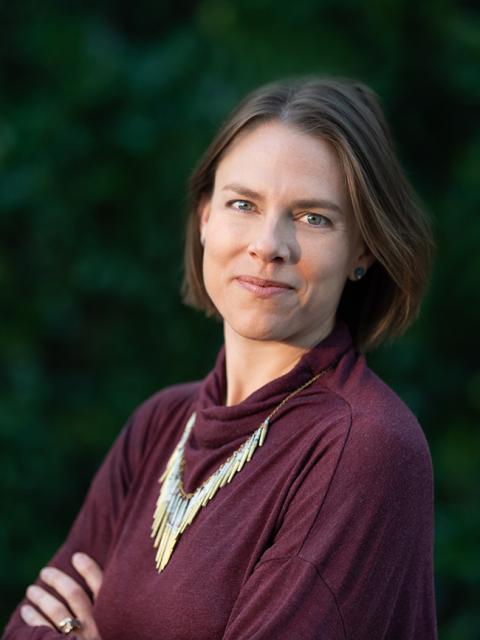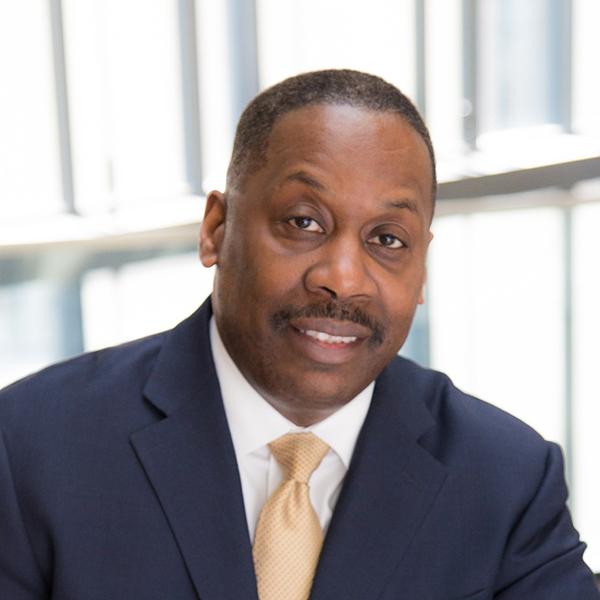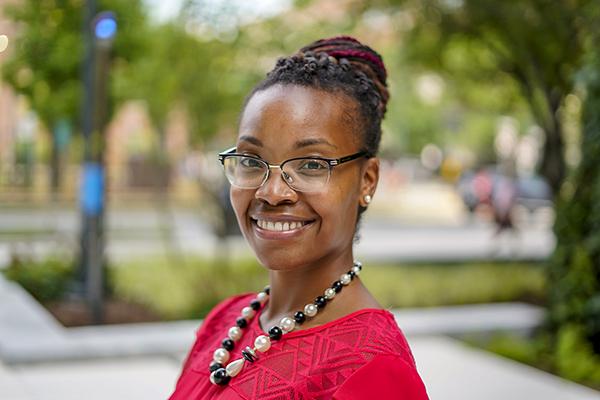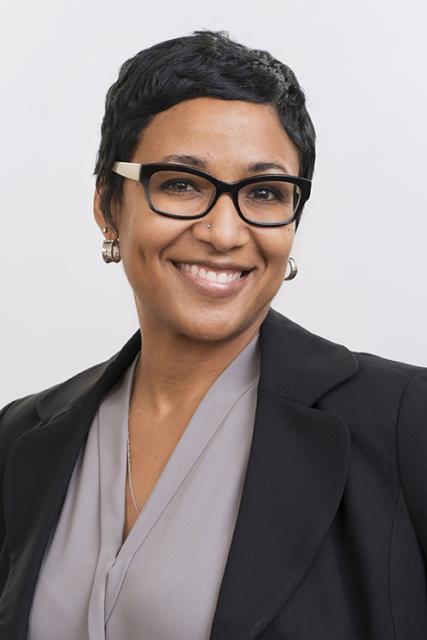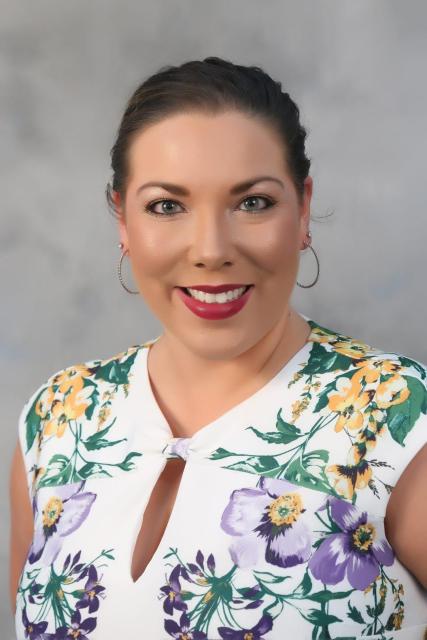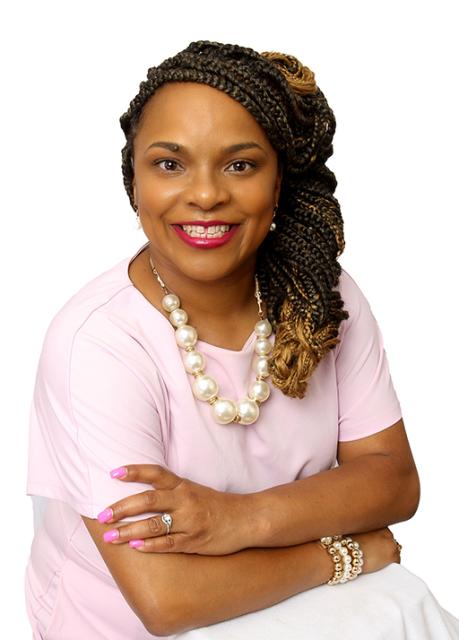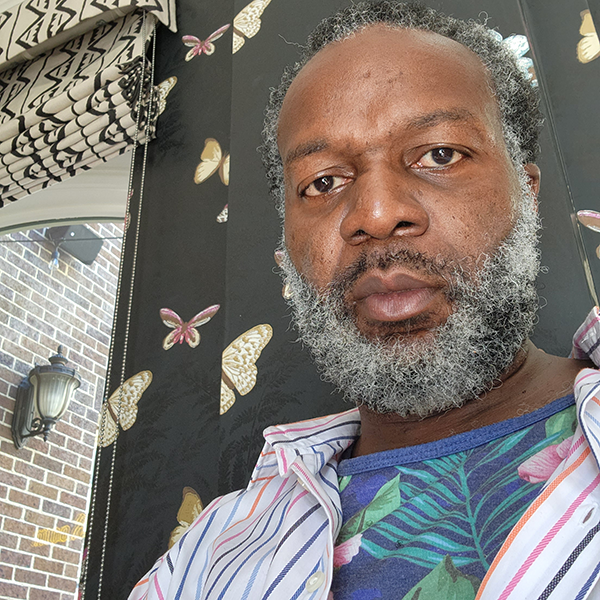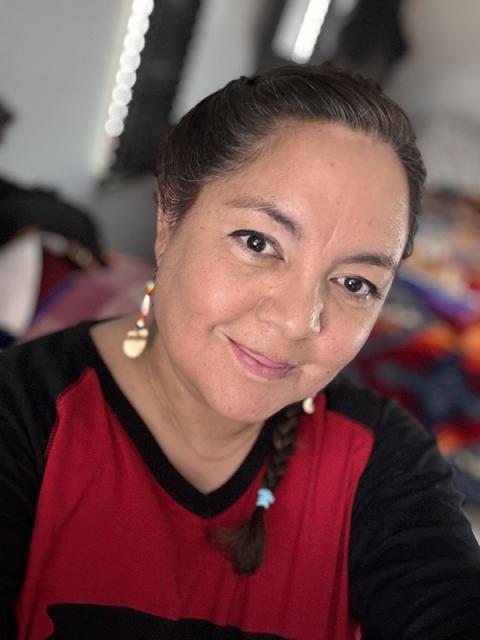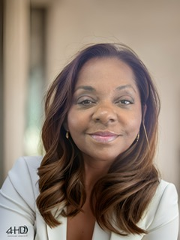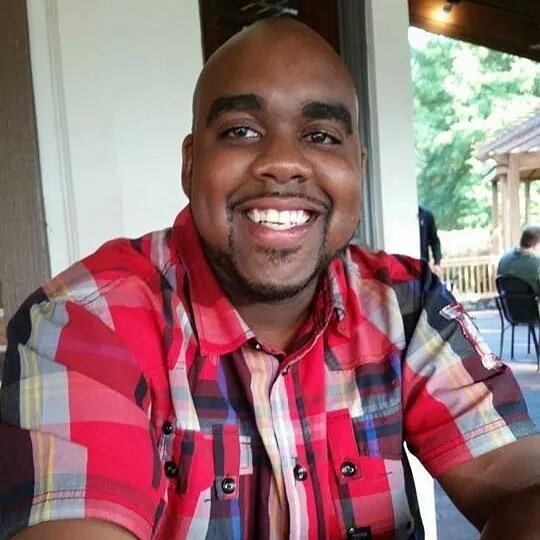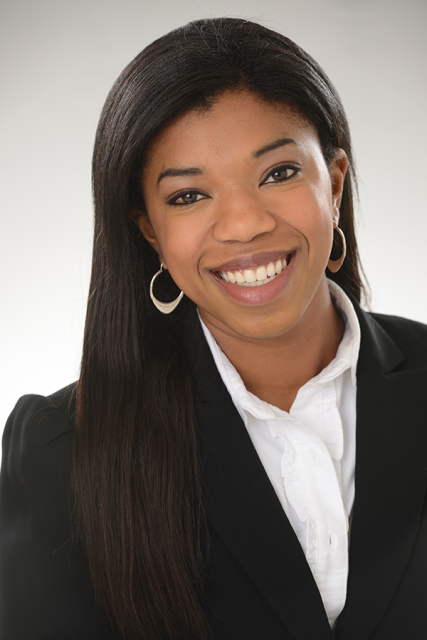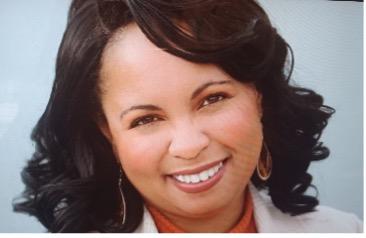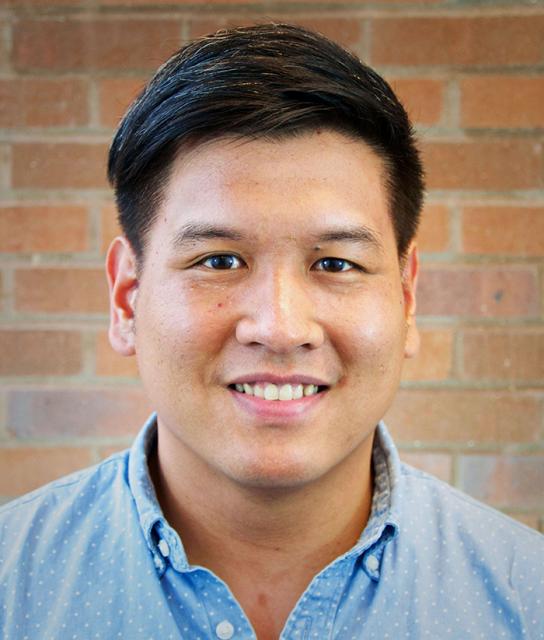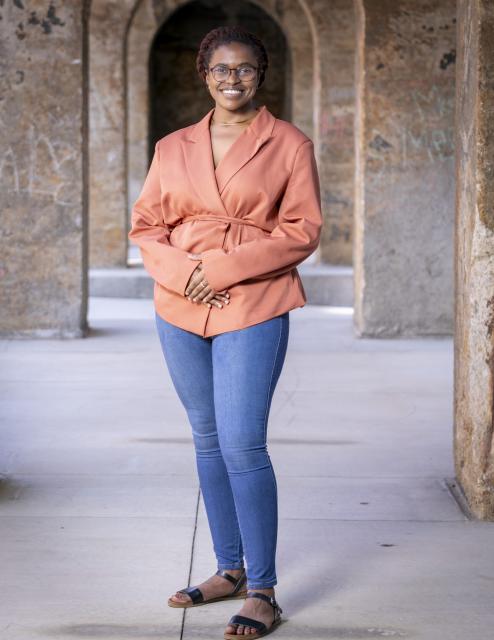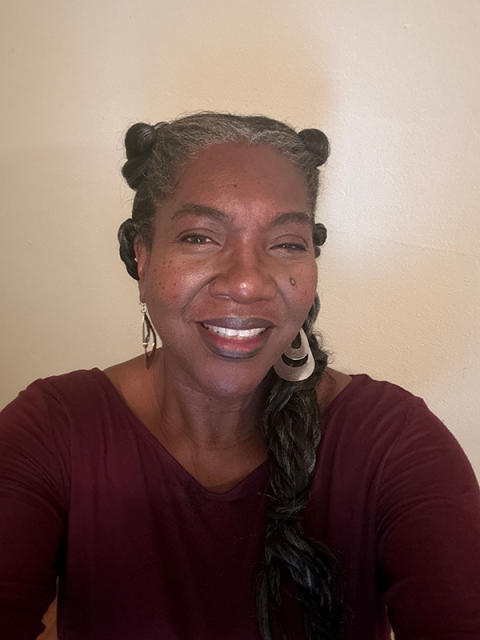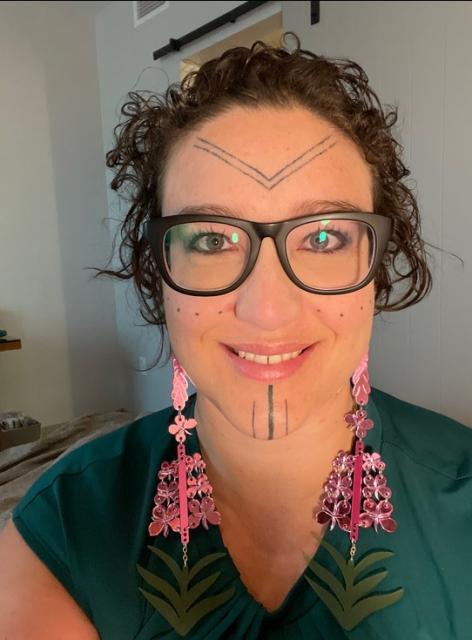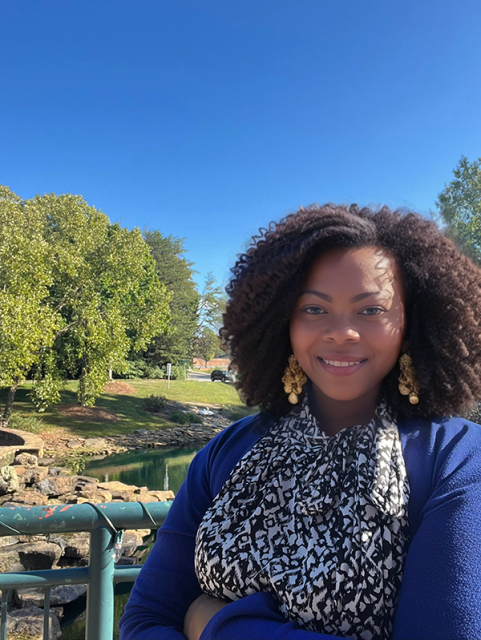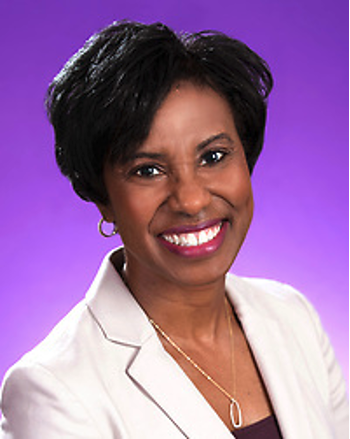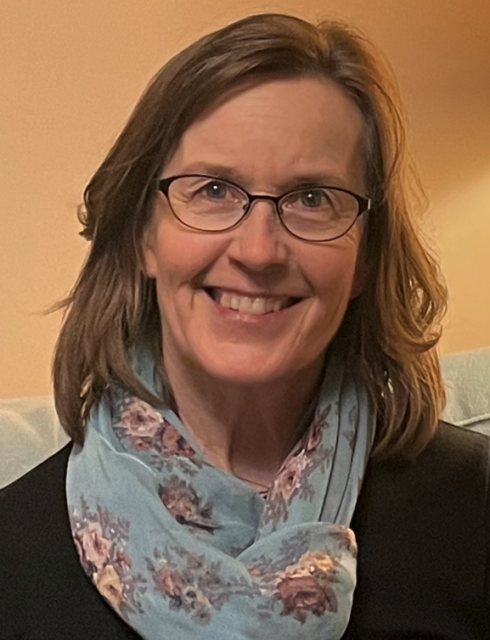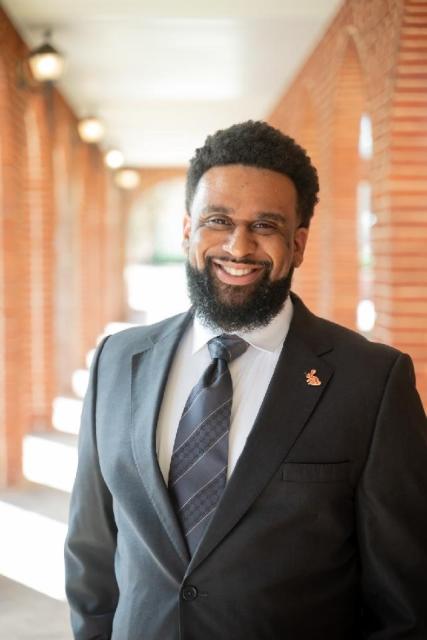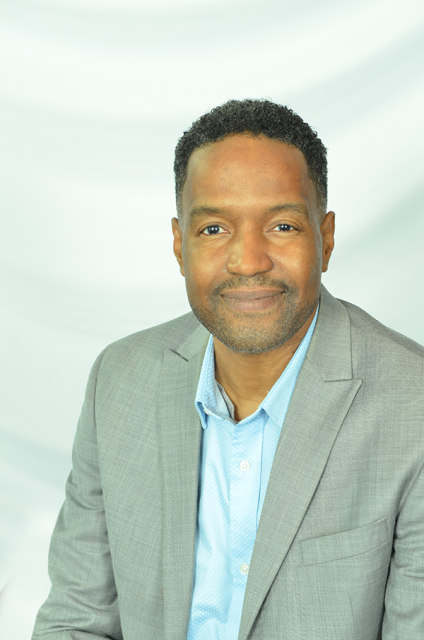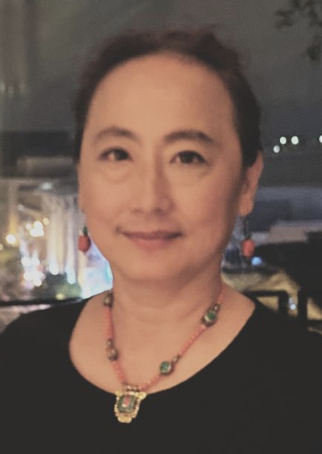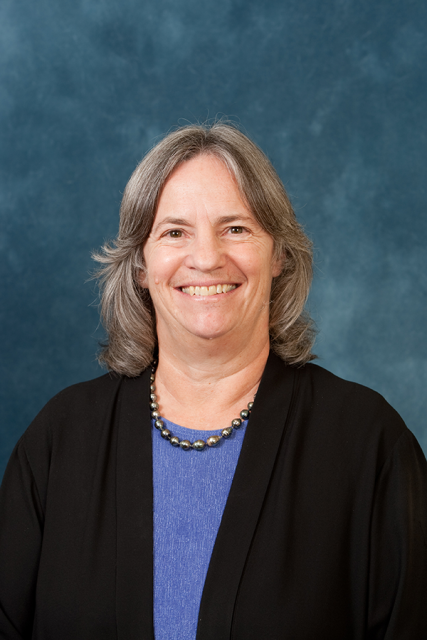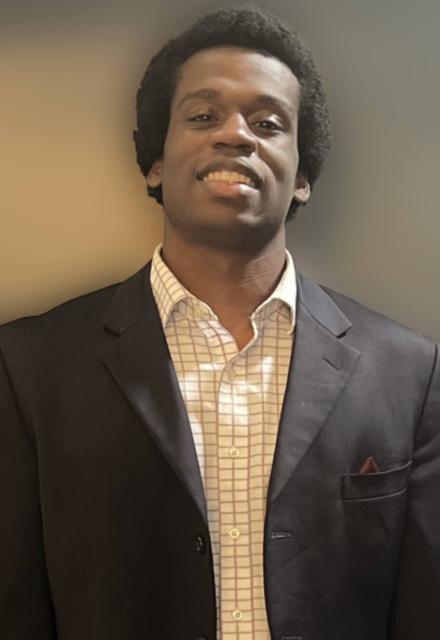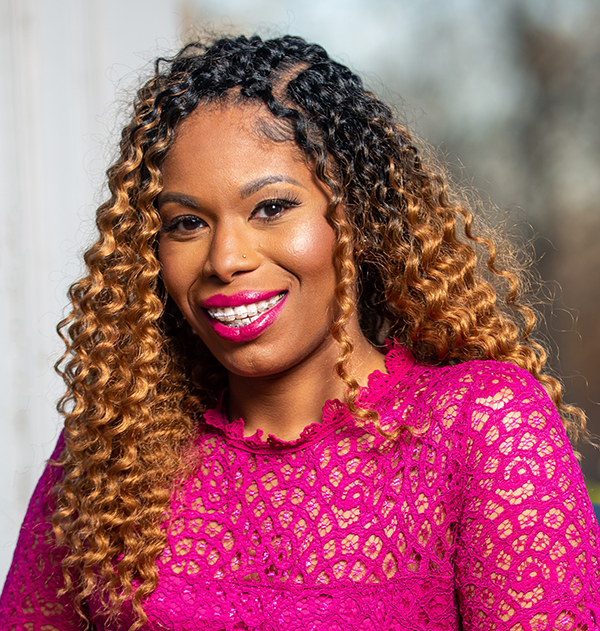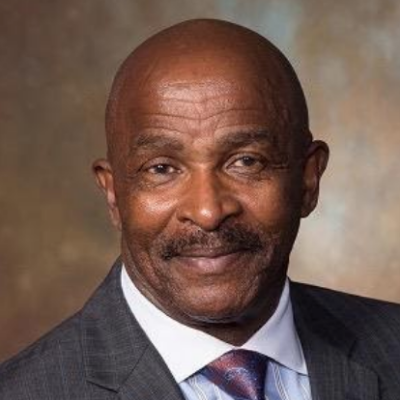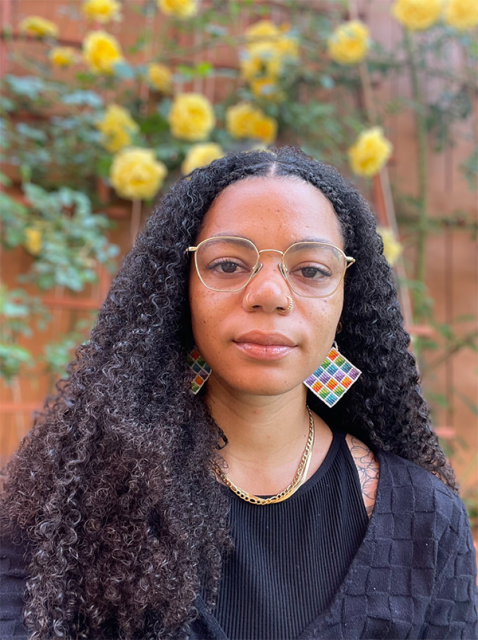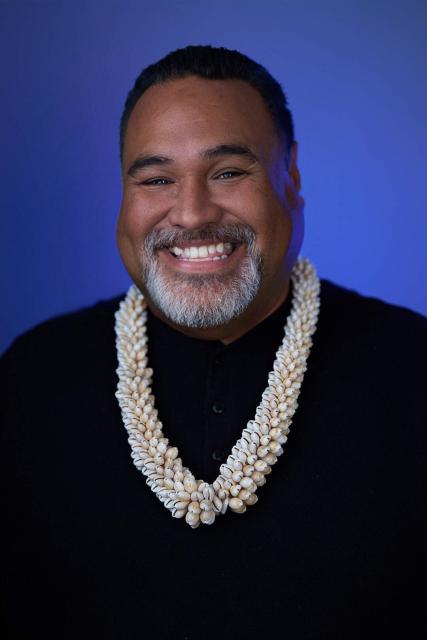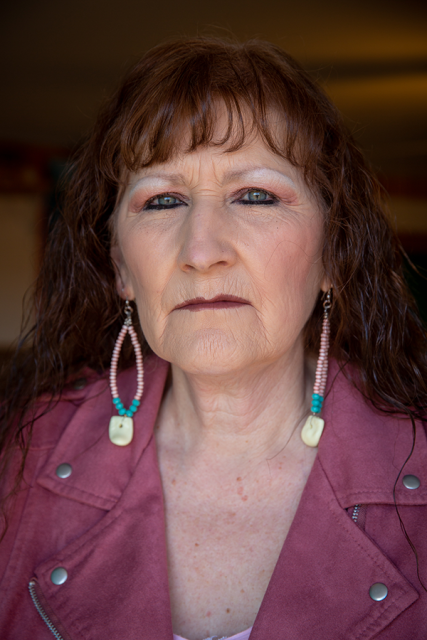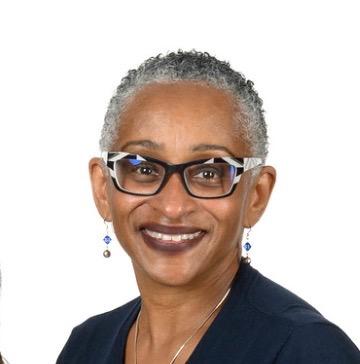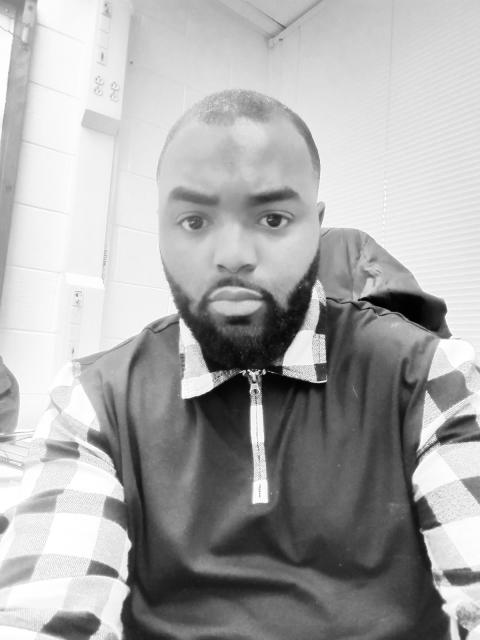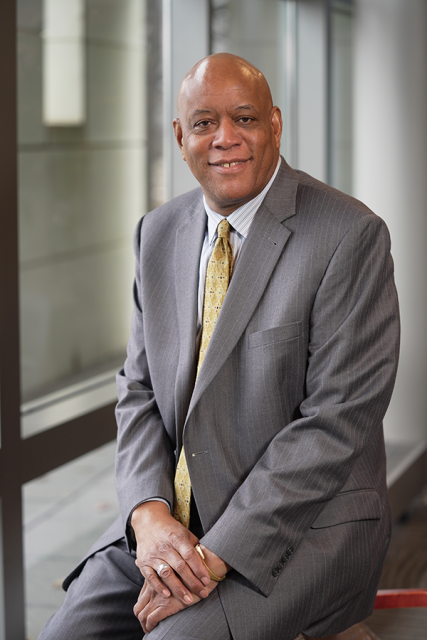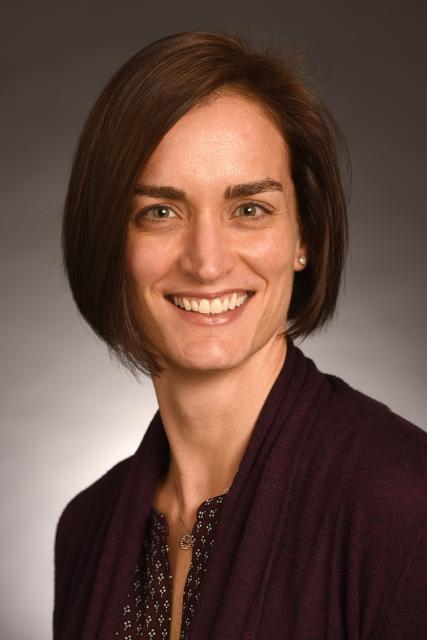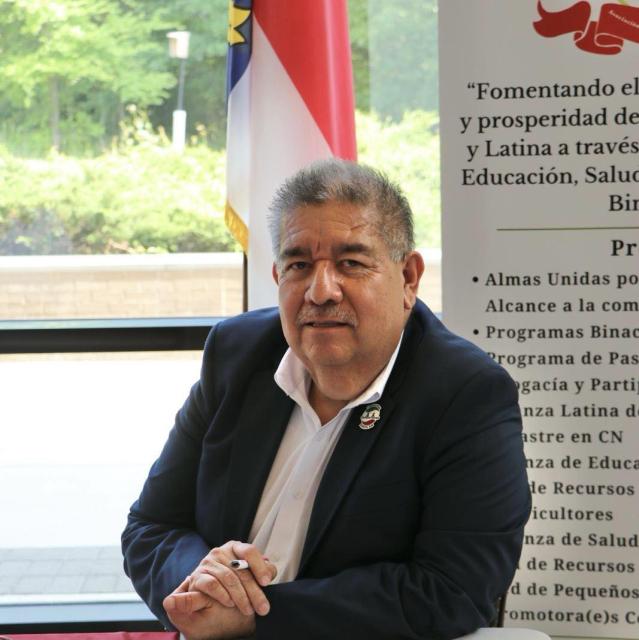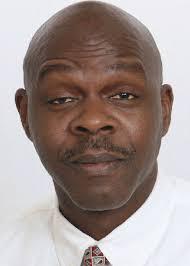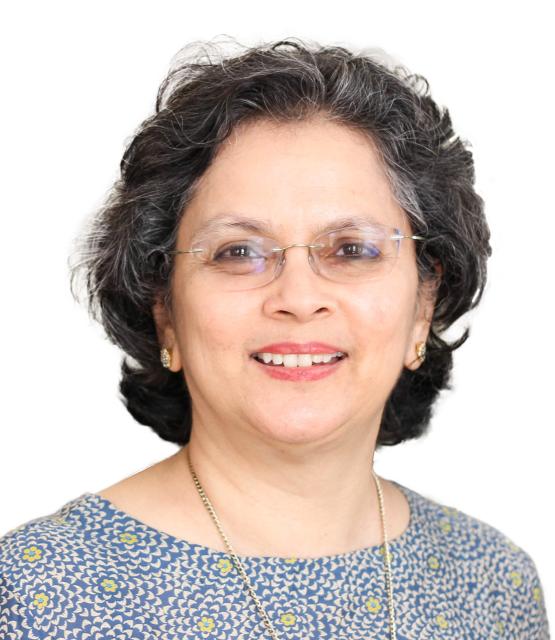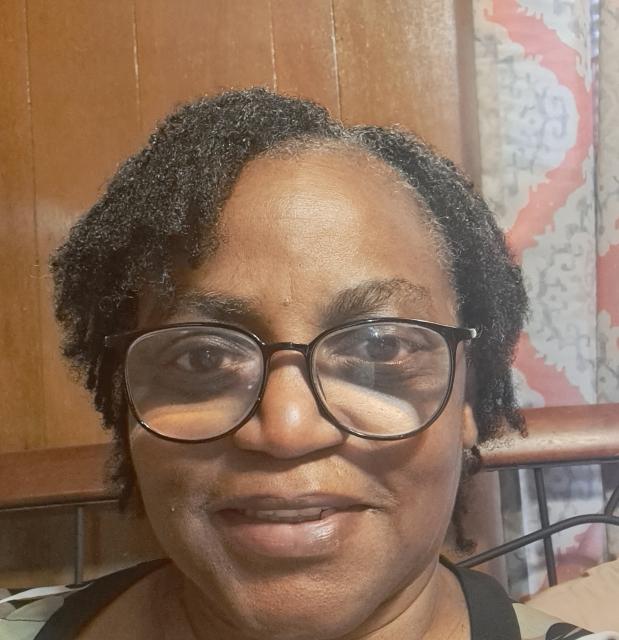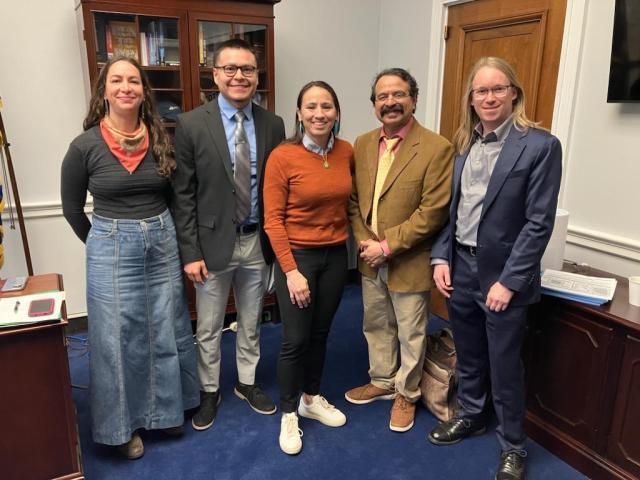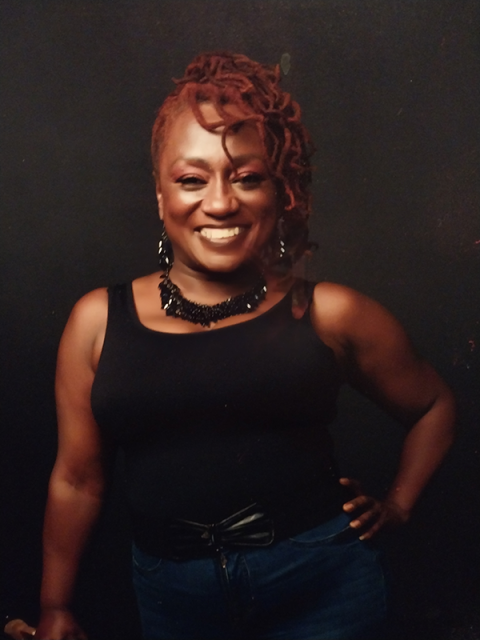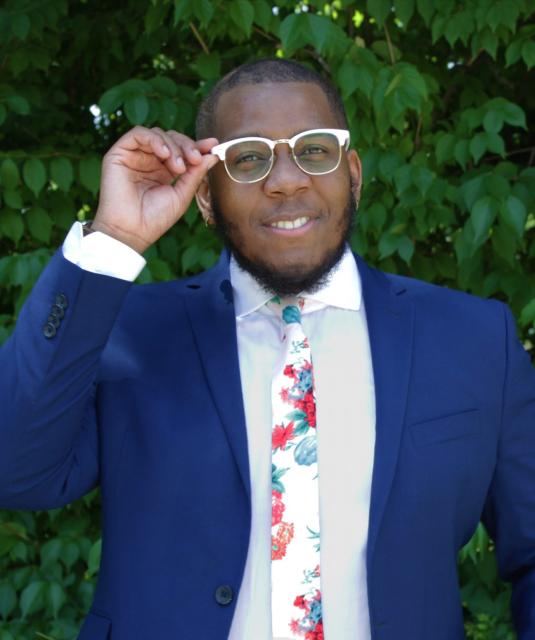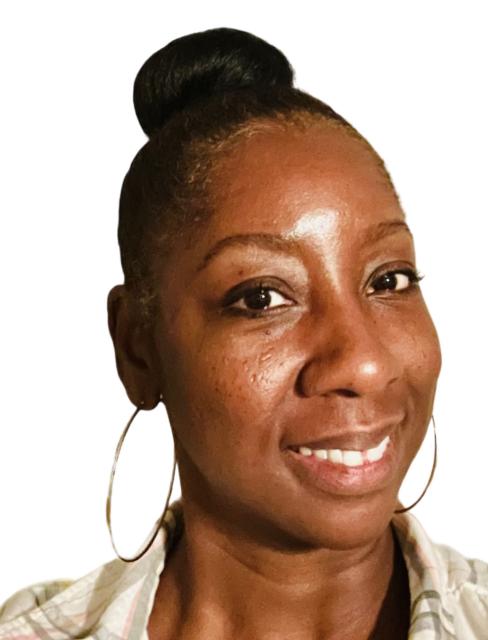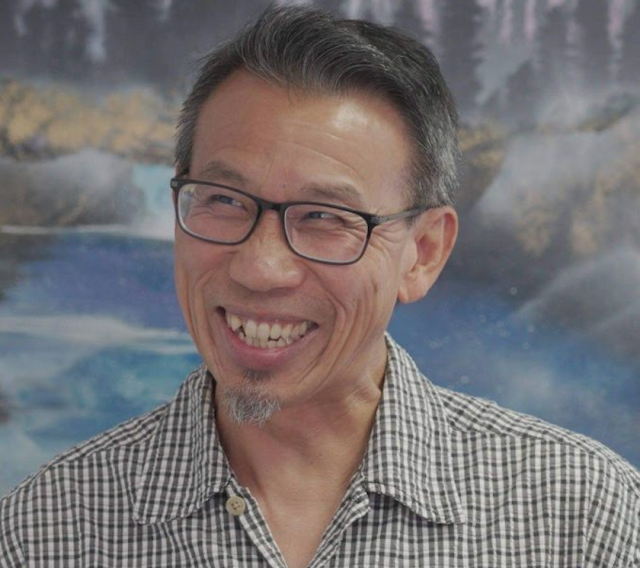In August, roughly 45 community members and advocates gathered in Greenville, North Carolina, to engage in peer networking and heartfelt conversations about overcoming the systemic barriers to developing and sustaining authentic and meaningful community-led health research partnerships. This symposium was co-organized with Hope to Thrive and Community-Campus Partnerships for Health.
August 2024
Greenville, North Carolina
Event Co-Organizers
Charisse Iglesias
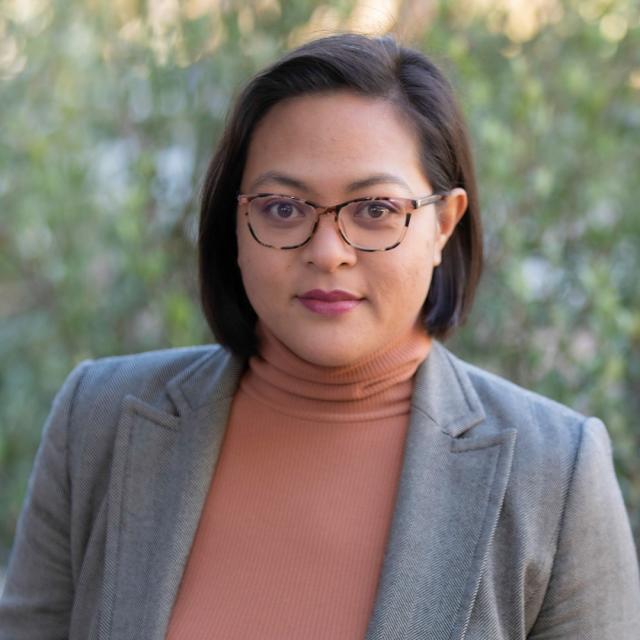
Dr. Charisse Iglesias, Training Resource Director at Community-Campus Partnerships for Health (CCPH), has a PhD in rhetoric and composition with an emphasis on facilitating equitable community-academic partnerships. Her passion and expertise in facilitating community-academic partnerships stems from her Peace Corps volunteer experience co-creating educational programs, and directing a college-pathway writing program that partnered economically marginalized public high schools with a research university. Charisse leads teams to create, facilitate, and evaluate technical training workshops and resources for US and international community partners, researchers, and academics.
Kunga Denzongpa
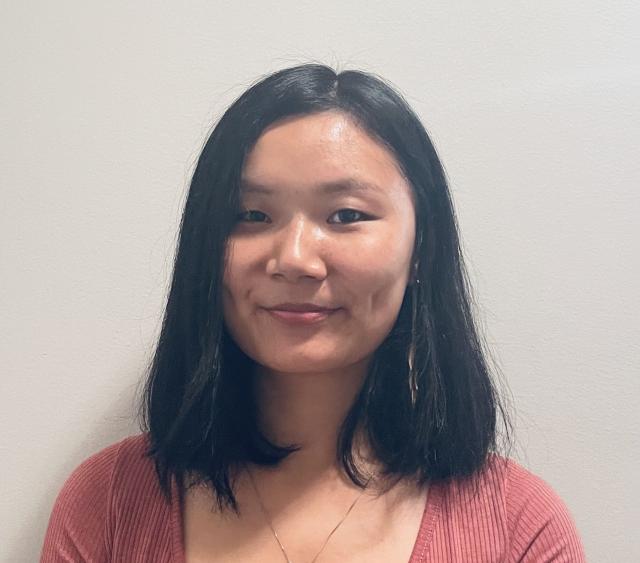
Kunga Denzongpa, PhD, MPH brings in 7+ years of experience in Community-based participatory research among culturally and ethnically minoritized communities. Her research particularly centers on refugee and immigrant health disparities, maternal health outcomes, community-centered equitable research partnerships, and culturally responsive equitable evaluation. As a Sikkimese-Himalayan tribal minority raised in a collective community, her passion is rooted in equitable approaches to community and health.
.
Joy Williams

Joy Williams, MFA, MDiv, MPH, is a speaker, writer, dancer, and entrepreneur. She is the founder and Executive Director of Hope to Thrive, a nonprofit in Winston-Salem, NC. You can find Joy most days turning her family home into a living and learning homestead, growing and cooking food and making homemade chemical-free cleaning and body products, and hosting indigenous lifestyles programs. Joy believes in modeling a lifestyle rooted in what it means to live simply, off the land, and striving in harmony with God, the earth, others, and oneself–all for the purpose of helping her community have access to locally grown food and a great quality of life.
Paige Castro-Reyes
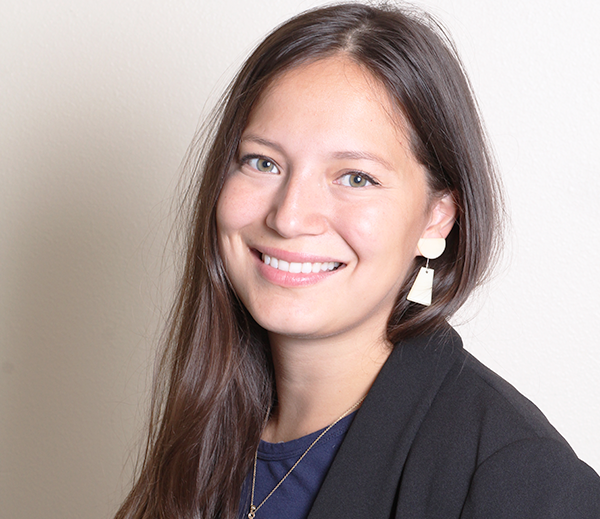
Paige Castro-Reyes (she/her/gui’) is the Deputy Director of Community-Campus Partnerships for Health (CCPH), a national nonprofit that promotes health equity and social justice through community-institutional partnerships. During her 11 years at CCPH, Paige has served and supported multiple multi-partner projects focused on community engagement, community-led research ethics review, and culturally responsive research practices. Outside of CCPH, Paige serves as a founding board member on the Indigenous Roots & Reparation Foundation (IRRF), a nonprofit focused on facilitating cultural reclamation spaces for all Indigenous peoples on Wenatchi/P’Squosa Homelands. Paige is also a member of the Pasifika Village Council facilitated by the Pacific Islander Community Association of Washington (PICA-WA). With deep roots on Guam/Guåhan and into the diaspora, Paige brings her unique lived and learned experience as a mestisa CHamoru woman, artist and mother to her mission-driven work.
The Event
The intent of this symposium was to:
- Validate community-led practice and research that aligns and is grounded in your positionality through reflection, coalition building, and cultural immersion.
- Situate research or ways of knowing as a tool to better understand what is needed to meaningfully lead research that is grounded in community-identified needs.
- Identify resources, different forms of support, and other needs to successfully overcome barriers to engaging community-led research in different contexts.
- Create meaningful connections through peer learning and respectful conversations and activities that facilitate emergent ideas and collaborations in future health equity work.
Notably, one day of the symposium was dedicated to a community site-visit bus tour to deepen participants' understanding and hold conversations about what "community-led" means.
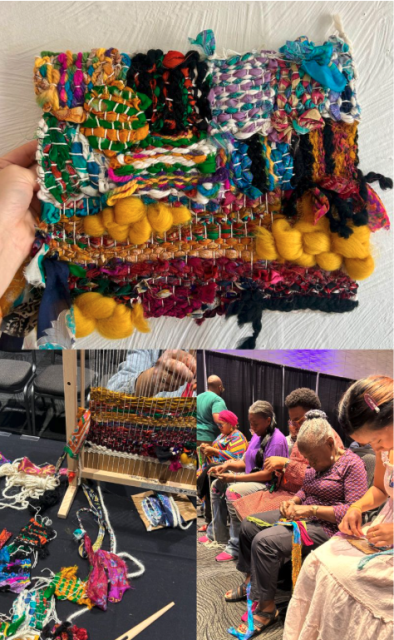
Resources
Collaborators and participants submitted resources prior to the symposium. Access the complete list of resources.
Co-Hosts
Greta Cappelmann
Omar A. Dauhajre
Natalie DiRocco
Claire Gibbons
Erin Hagan
Thomas LaVeist
Jeana Morrison
Amani Nuru-Jeter
Event Coordinator
Krystin Poitra
Convening Contributors & Participants
HYua (Liana) Adrong
Sherri Georgina Allgood
Michael Lee Banner
Annjeanette E. Belcourt
Dasia Bennett
Eurnestine Brown
Georie Bryant
Leia Carey
Crystal Renée Chambers
Tongtan "Bert" Chantarat
Mildred Atkinson Council
Crystal Ellis
Serilda Goodwin
Heather Jean Gordon
Tonya Haizlip
Virginia D. Hardy
Suzanne Held
LaShawn Hoffman
Kenneth Holly
Chien-Chi Huang
Barbara Israel
Chas Jewett
LaQuoia Johnson
Richard Joyner
jaboa lake
Jonathan “Tana” Lepule
Alma McCormick
Sharon Morrison
Daniel Obie
Al Richmond
Carley Riley
Juvencio Rocha-Peralta, Jr.
Zachary Rowe,
Sophia L. Russell
Shannon Sanchez-Youngman
Sudha Shreeniwas
Joanna Simeon
Cindy Taylor
Antonio Tovar-Aguilar
Linda R. Tyndall
Kimmerly Walden
Curtis L Webb III
Avian White
Roxie Wilkins
Andrew Young
The Ways of Knowing Symposia Series
Watch a recording of the kickoff event and check out the illustrated notes from the same session.
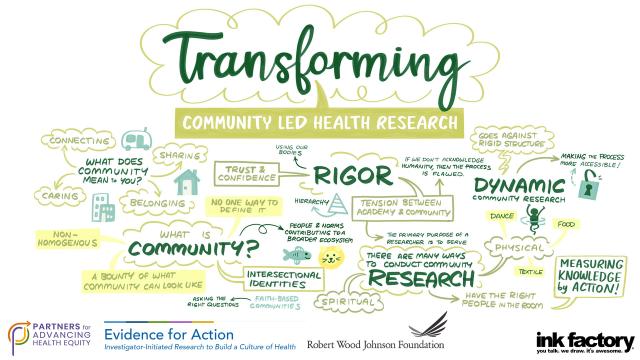
Art by Reilly Branson on behalf of Ink Factory
Recording of the Ways of Knowing Symposia Kickoff, a hybrid event recorded on March 7th in New Orleans, LA.
